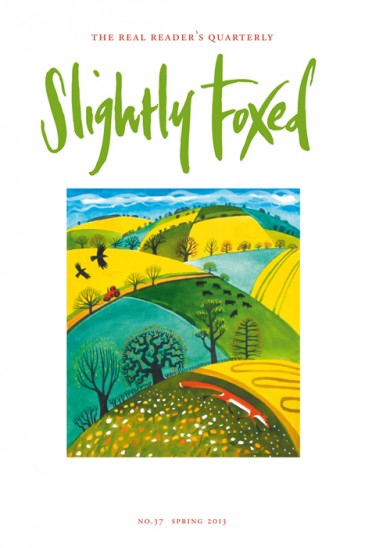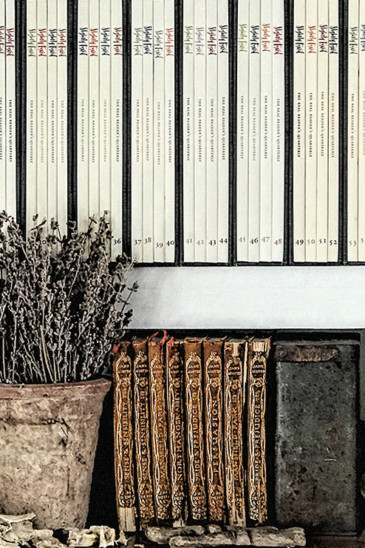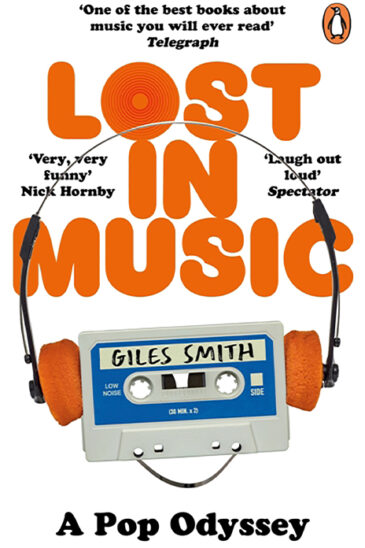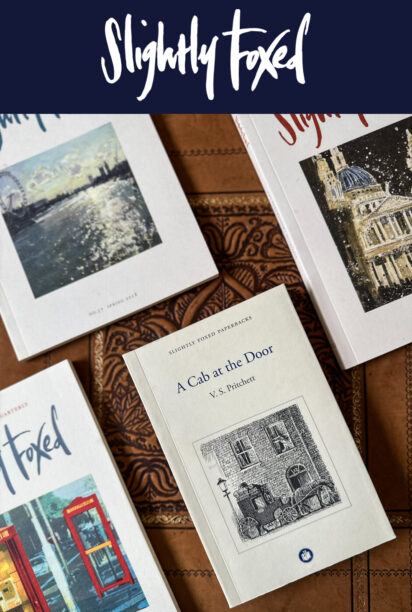‘Anyone who wants to know how it felt to be young, idealistic and innocent at the end of the war should read The Cowards.’ Times Literary Supplement
The Cowards (1958) is Josef Škvorecký’s blackly comic tale of post-war politics that was immediately banned on publication.
In 1945, in Kostelec, Danny is playing saxophone for the best jazz band in Czechoslovakia. Their trumpeter has just got out of a concentration camp, their bass player is only allowed in the band since he owns the bass, and the love of Danny’s life is in love with somebody else. But Danny despairs most about the bourgeoisie patriots in his town playing at revolution in the face of the approaching Red Army – not least because it ruins the band’s chance of any good gigs.
This edition of Josef Škvorecký’s The Cowards is translated by Jeanne Němcová.
Reviewed by William Palmer in Slightly Foxed Issue 37.
The Sound of Youth
William Palmer
Josef Škvorecký was born in 1924 in Nachod, in the region of Bohemia, Czechoslovakia. He has described his reaction to the first jazz record he ever heard:
that terribly scratchy Brunswick seventy-eight spinning on a wind-up phonograph, with the almost illegible label ‘I’ve Got a Guy’, Chick Webb and His Orchestra with Vocal Chorus . . . we had no way of knowing this was the great, then seventeen-year-old Ella Fitzgerald. But the message of her voice, the call of the saxes . . . they all came across. Nothing could ever silence them in our hearts.
There were certainly those who tried to silence them. Škvorecký’s youth coincided with the Nazi occupation of Czechoslovakia from 1939 to 1945. There was not much doubt as to the Nazis’ view of jazz – many of its tunes were by Jewish Americans and its finest instrumental exponents were black Americans. Instructions were issued to all dance orchestras that their playing must be ‘commensurate with the Aryan sense of discipline. On no account will Negroid excesses in tempo (so-called hot jazz) . . . be tolerated.’ The swing band in which Škvorecký played had to disguise its sheet music as Czech folk tunes, and a watch was kept from the taverns where they played. If a German hove into sight, the band would slip smoothly into a sweet Viennese waltz . . .
Extract from Slightly Foxed Issue 37, Spring 2013
The Sound of Youth
It’s odd to recall that until the rock and pop revolution of the early Sixties, most British towns had at least one band, usually consisting of a trumpet and trombone, drummer, bass player and...
Read more









